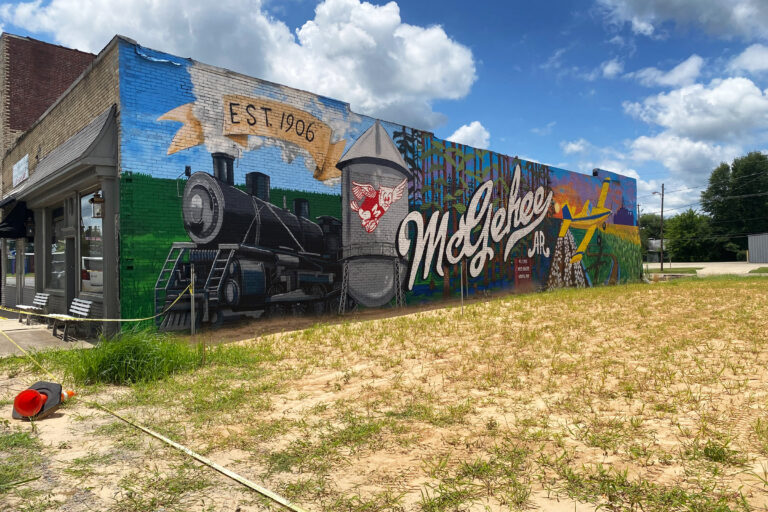Delta communities collaborate with Winrock to shape a prosperous future
On an unseasonably warm mid-November day in Arkansas, five members of Winrock International’s Board of Directors accompanied a group of U.S.-based senior executives and Winrock program staff on an excursion to a unique destination: the Arkansas Delta.
Arkansans know “the Delta” as it’s referred to regionally, but the patchwork of mostly flat, open-field farms and bottomland hardwoods may be less familiar to others ─ with the exception of fans of the region’s storied Delta Blues music. Located on the eastern side of the state, the Delta runs along the Mississippi River to Arkansas’s northern border, and westward to Little Rock. The region’s lower western side follows the Arkansas River. It’s an agriculturally important area that produces major commodities including soybeans, corn and cotton. It also contains North America’s largest rice-growing region, and catfish and poultry farming are also big.
The Winrock board and senior leadership had gathered in Arkansas in the days before the trip for their Fall board meeting. And now, it was time to see some of Winrock’s U.S.-based work and partnerships in action ─ in the state where the organization was founded.
Michelle Perez, a Winrock senior program officer who lives and works in Arkansas, said the idea for the trip was to demonstrate the similarities “between the work that we do internationally and the work that we do in the United States. A lot of the communities we visited have similar challenges to those that we see abroad. I also wanted to give them a good glimpse of the difference our projects make on the ground when we build the capacity of community leaders. What does that result in?”
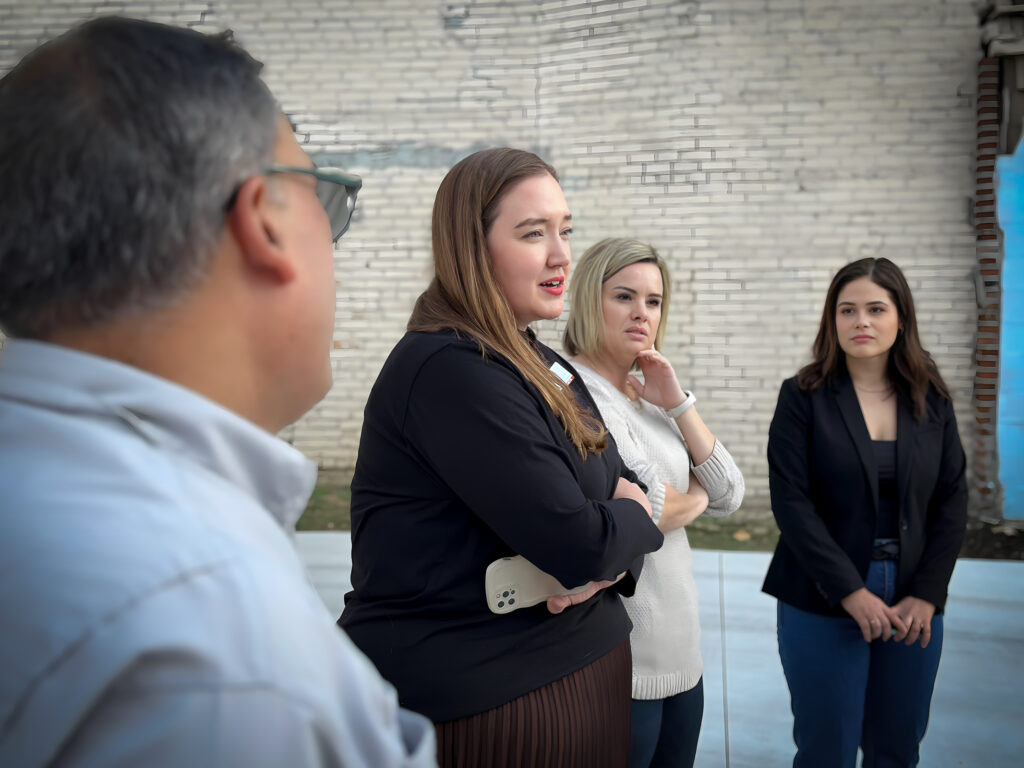
Winrock board members including Jerry Adams – the only Arkansan board member to participate in the trip ─ along with Thomas Green, John Nees, Saud Siddique and Stacy Swann accompanied Joyjit Deb Roy, Winrock’s acting president and CEO, and the entire Winrock executive team.
The results are evident in small Delta towns visited by the group, including Stuttgart, England and Lonoke, each of which represents a different stage in its own development journey. The Delta, like many other parts of the rural U.S., has suffered economically over the past few decades as population and job opportunities dwindled, impacted by urbanization, increased farm mechanization and other factors. Poverty, access to high-quality healthcare, and unemployment are all challenges.
The group visited the city of Stuttgart, Ark., now known as “the rice and duck capital of the world” due to rice farming and its location on the Mississippi Flyway, one of North America’s most important migratory waterfowl corridors. City and community leaders in Stuttgart have embarked on locally prioritized development initiatives with support from Winrock through U.S. Department of Agriculture-funded programs. Among those efforts, the Rural Placemaking Innovation Challenge and its second iteration, the Rural Communities Connected through Placemaking and Innovation project, are supporting city government, business and other local leaders to realize their own plans to reinvent and revitalize their communities through improved planning, design, infrastructure, expanded partnerships and technical expertise.
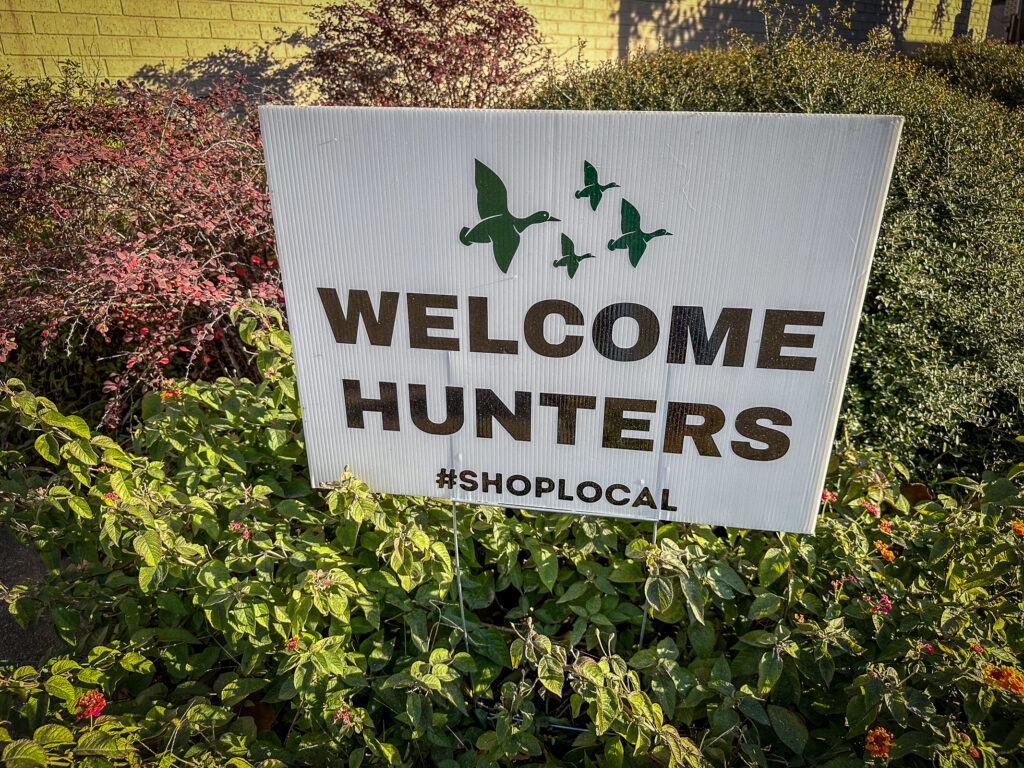
In Stuttgart, Winrock is also partnering with Riceland Foods, a farmer-owned marketing cooperative that is the world’s largest miller and marketer of rice, and the Intertribal Agriculture Council on a major climate smart agriculture project. The five-year project, Growing Value for Producers through Increased Access to Markets for Climate Smart Commodities, will support historically underserved farmers and ranchers in Arkansas, Missouri and Tribal Lands across the U.S.
That project sparked questions from Stacy Swann, a board member who is CEO and founding partner of Climate Finance Advisors in Washington, D.C. Joyjit Deb Roy, who met with U.S. Secretary of Agriculture Tom Vilsack in England, Ark. when Vilsack first announced the new USDA-funded initiative, provided additional background on the ambitious initiative.
In England, the group met with Mayor David “Butch” House and caught up on Winrock’s collaboration with local government and community leaders, including those from a coalition working to reinvigorate the local economy. Improving infrastructure and ensuring digital inclusion are two priorities that are already being addressed, supported in part by Winrock’s USDA-funded work to expand access to broadband internet in the region.
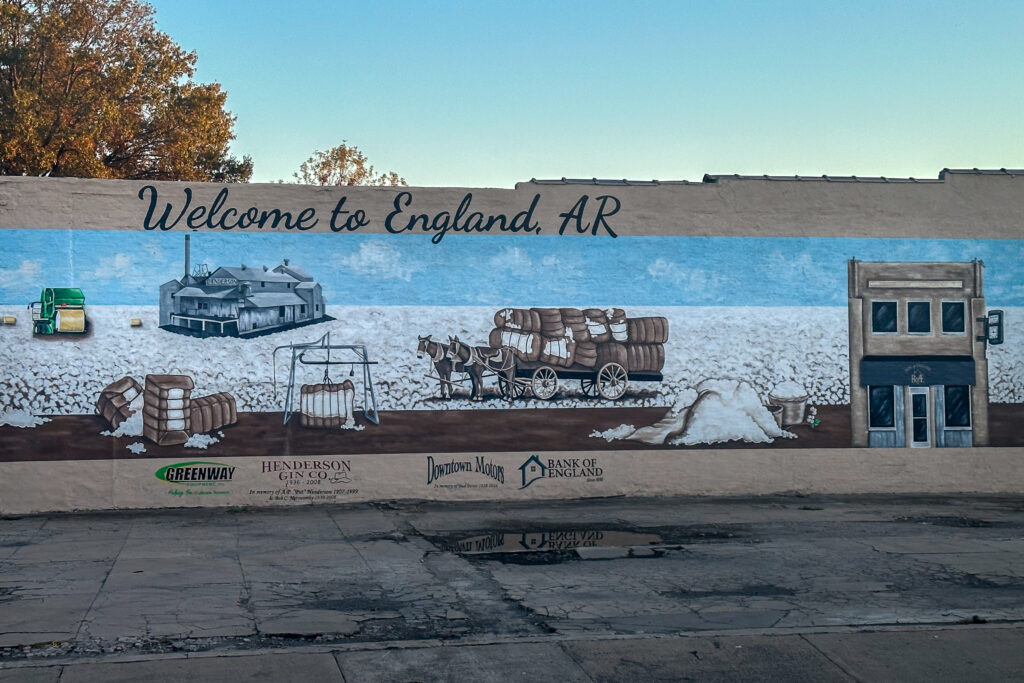
One of the most visible manifestations of Winrock’s community development support in England is the existence of a new Harp’s grocery store, which filled a food void created when the local Kroger’s left town. Winrock worked with the mayor and others to demonstrate the market potential for a grocery store, and the new market opened in 2022, preventing England from becoming another rural food desert. Winrock also helped establish an urban park in Stuttgart and, in another Delta city, Lonoke, indirectly supported what has become a successful, locally-owned restaurant, The Grumpy Rabbit.
“Winrock is focused on working with communities where they are, building important ‘trust’ relationships and focusing on economic, leverage-able opportunities,” Winrock Board Member Jerry Adams, a longtime Arkansas resident, philanthropist and business executive, wrote about the trip.
Adams described Winrock’s collaboration with and impact in Delta communities as “catalytic,” yet without creating dependency. Winrock is “building stronger leadership that is resident in these communities and it is hard work ─ [I’m] impressed with the history and grassroot work,” Adams added.
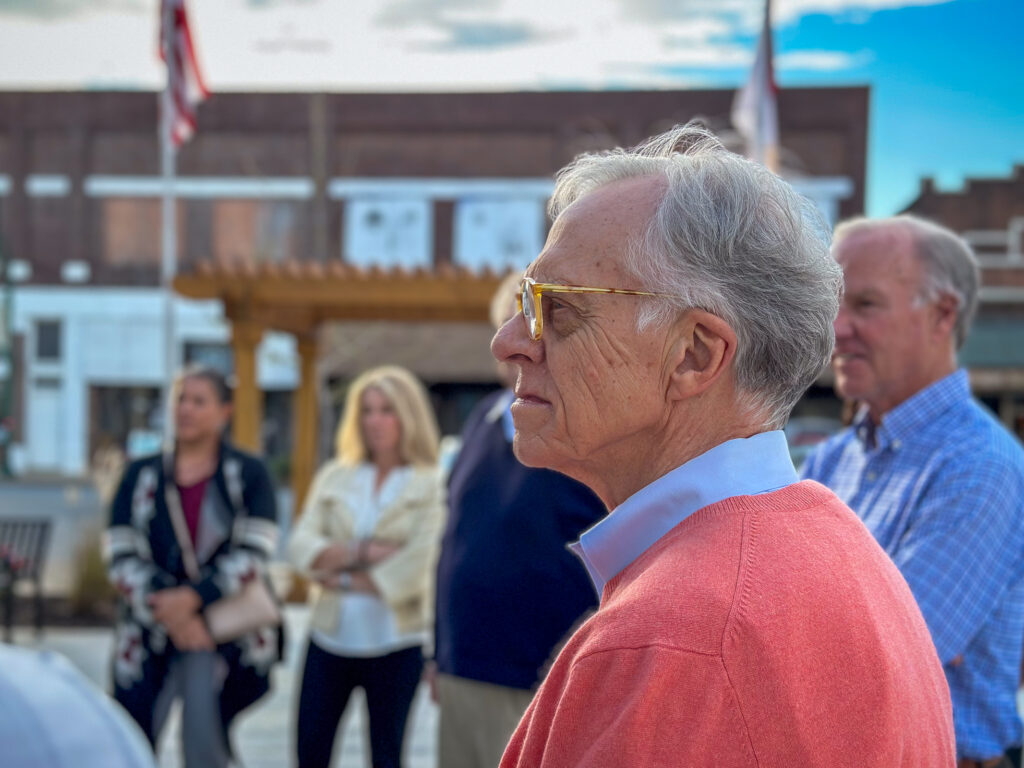
Winrock continues to work on a range of initiatives in the Delta, including on the second stage of a previously completed USDA placemaking and innovation project, as well as another, just-started program co-funded by USDA and a private sector partner.
As Winthrop Rockefeller once said: “Only by working together can we make the contribution necessary for building the world we all yearn for.”
Winrock’s work with partners abroad and with communities here at home is turning his vision into reality.
Related Projects
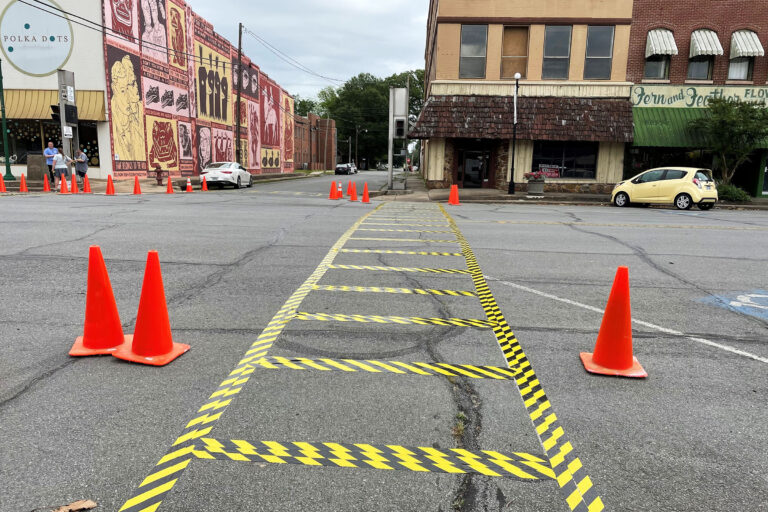
Rural Placemaking Initiative Challenge (RPIC): Delta Communities Connected through Placemaking
The Delta Communities Connected through Placemaking and Innovation (DCCPI) project seeks to facilitate locally driven efforts to improve quality of life, rural economy, and e-connectivity in the Mid-Delta region of Arkansas. DCCPI leverages the strong cultural identity and current placemaking efforts of Lonoke, England, Stuttgart, and Helena-West Helena with innovative state initiatives focused on enhancing […]